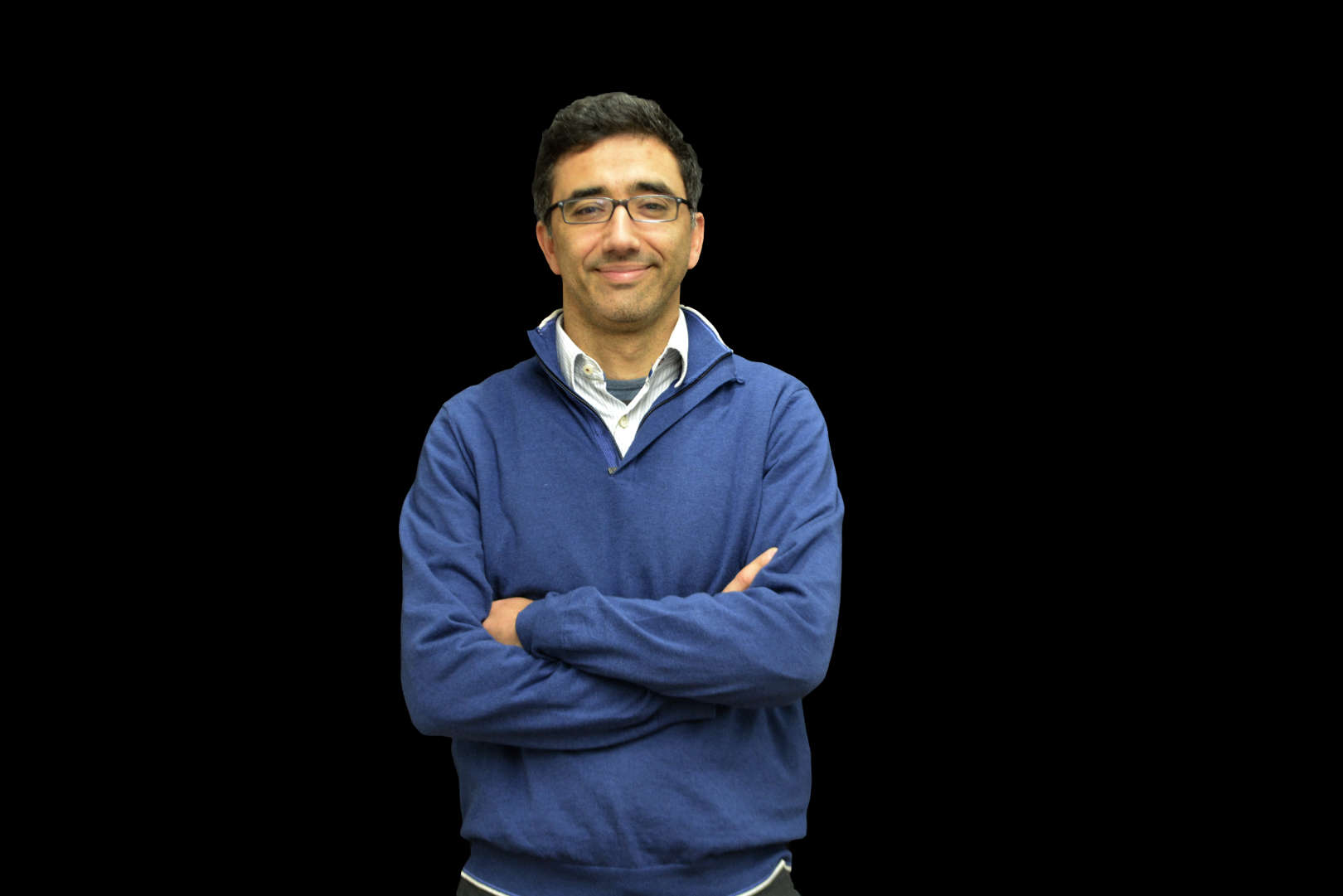Sobre
Sou professor associado do Departamento de Ciência de Computadores da Faculdade de Ciências da Universidade do Porto e coordenador do LIAAD, Laboratório de Inteligência Artificial e de Apoio à Decisão da UP. O LIAAD é um cenrto do INESC TEC desde 2007. Sou doutor em Ciência da Computação pela U. Porto, MSc. em Fundamentos de Tecnologia de Informação Avançada pelo Imperial College e Lic. Em Matemática Aplicada ramo Ciência de Computadores (U. Porto). Os meus interesses de investigação são Extração de Conhecimento (Data Mining) e Aprendizagem Automática (Machine Learning), em particular regras de associação, text mining e sistemas de recomendação. A minha investigação anterior inclui programação em lógica indutiva e data miing colaborativo. Eu leciono cursos relacionados com programação, processamento de informação, data mining e outras áreas da computação. Enquanto na Faculdade de Economia, onde permaneci de 1996 a 2009, lancei, com outros colegas, o mestrado em Análise de Dados e Sistemas de Apoio à Decisão (MADSAD), que coordenei de 2000 a Abril de 2008. Dirijo projetos em data mining e inteligência na web. Fui diretor do Mestrado em Ciência dos Computadores no DCC-FCUP de junho de 2010 a agosto de 2013. Co-organizei conferências internacionais (ECML / PKD 2015, Discovery Science 2009, ECML / PKDD 05 e EPIA 01), workshops e seminários em data mining e inteligência artificial. Fui Vice-Presidente da APPIA Associação Portuguesa para a Inteligência Artificial.


